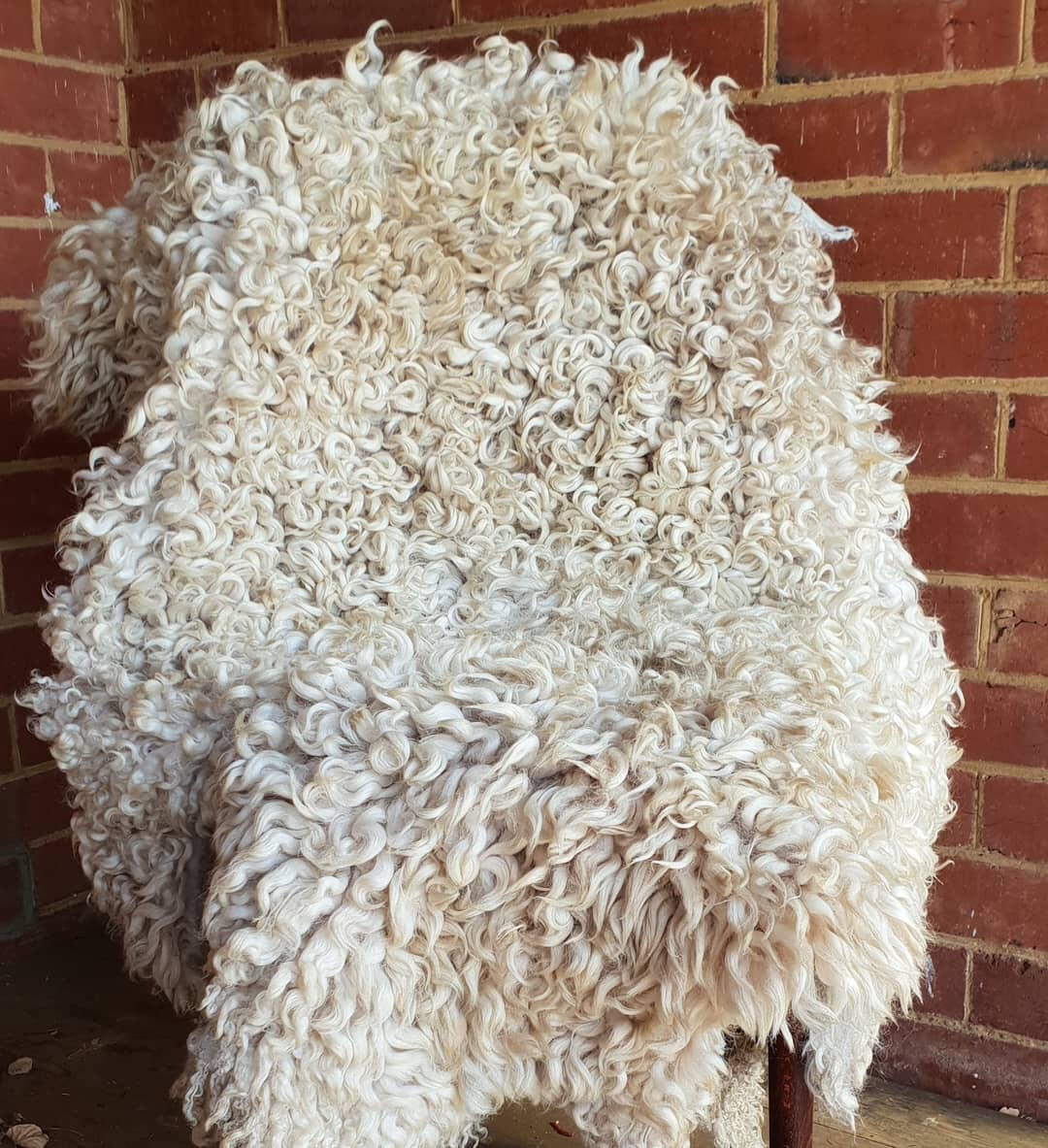
Arundel Farm offers ethically farmed products and reinvests
to fortify the long-term sustainability of the ecosystem.

Arundel Farm has been run by the Hume family since 1894.
The Hume family first arrived in Tasmania in 1823. James Hume, a merchant, tried his hand at distilling and tanning before moving to Piccaninny Point on the East Coast, where he and his wife Martha started farming. Two generations later, the family moved to the Derwent Valley in 1894.The farm site was settled by Europeans in 1820 and named Arundel by John Cawthorn, the original title holder. Prior to European settlement, the area was home to the Tasmanian Aboriginal people, the Big River Tribe.Now, Arundel Farm is run by Fiona. Arundel Farm is a mixed operation consisting of Cormo and Merino sheep for wool production, cross-bred ewes for prime lamb production, a small herd of black Angus cattle and Australia’s largest flock of heritage English leicester sheep.
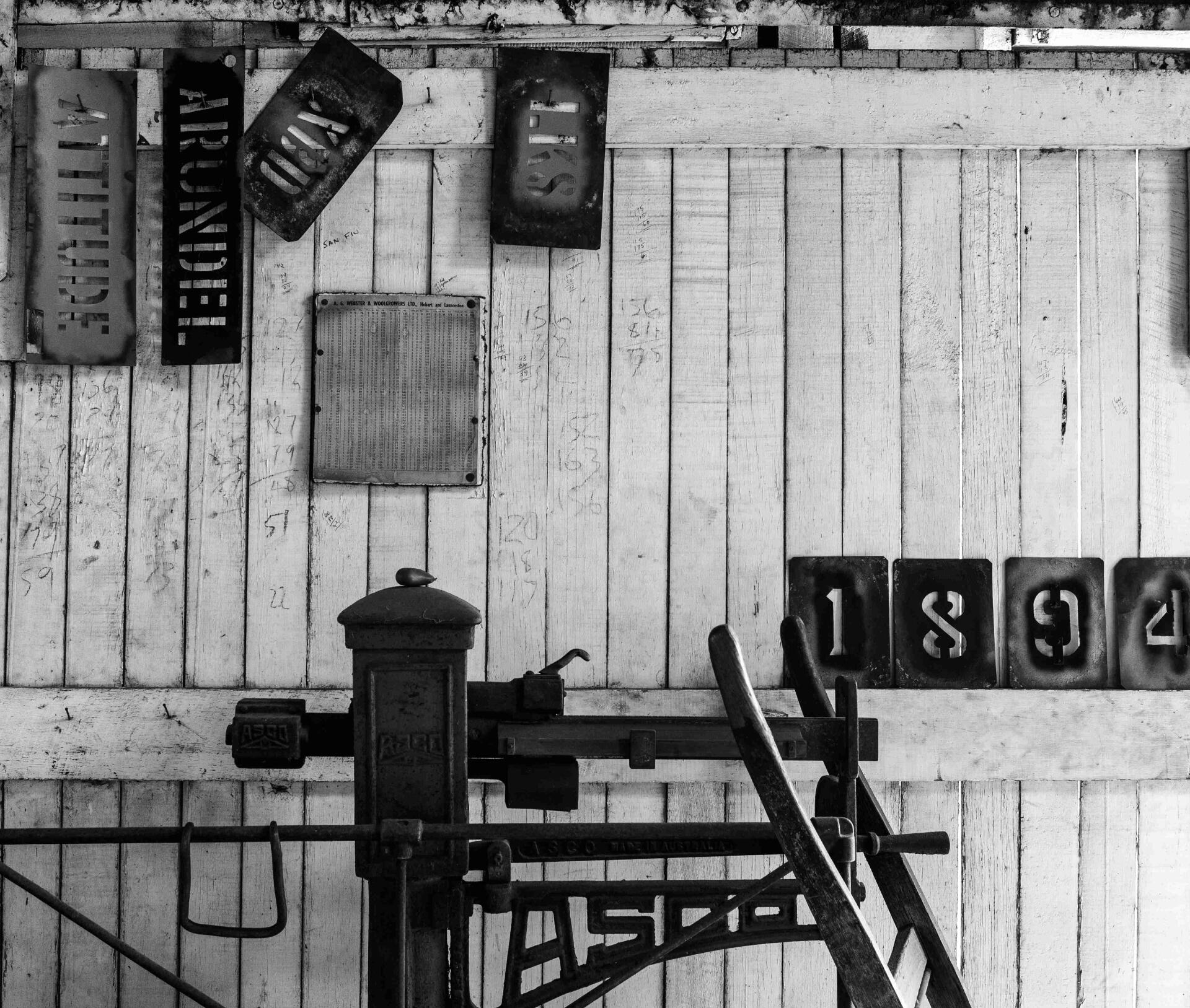
Location & Terroir
Arundel Farm is located in the Derwent Valley, 54kms NW of Hobart, on the Derwent River. It comprises some of Tasmania’s best fertile alluvial soils as well as volcanic basalt soils. The farm is located in the village of Macquarie Plains, just across the river from Bushy Park. From the farm, Mt Field National Park and the Wellington Range can be viewed. Hot, dry summers and crisp, cold winters characterize the valley but nothing moreso than the stunning colours and mood of autumn.
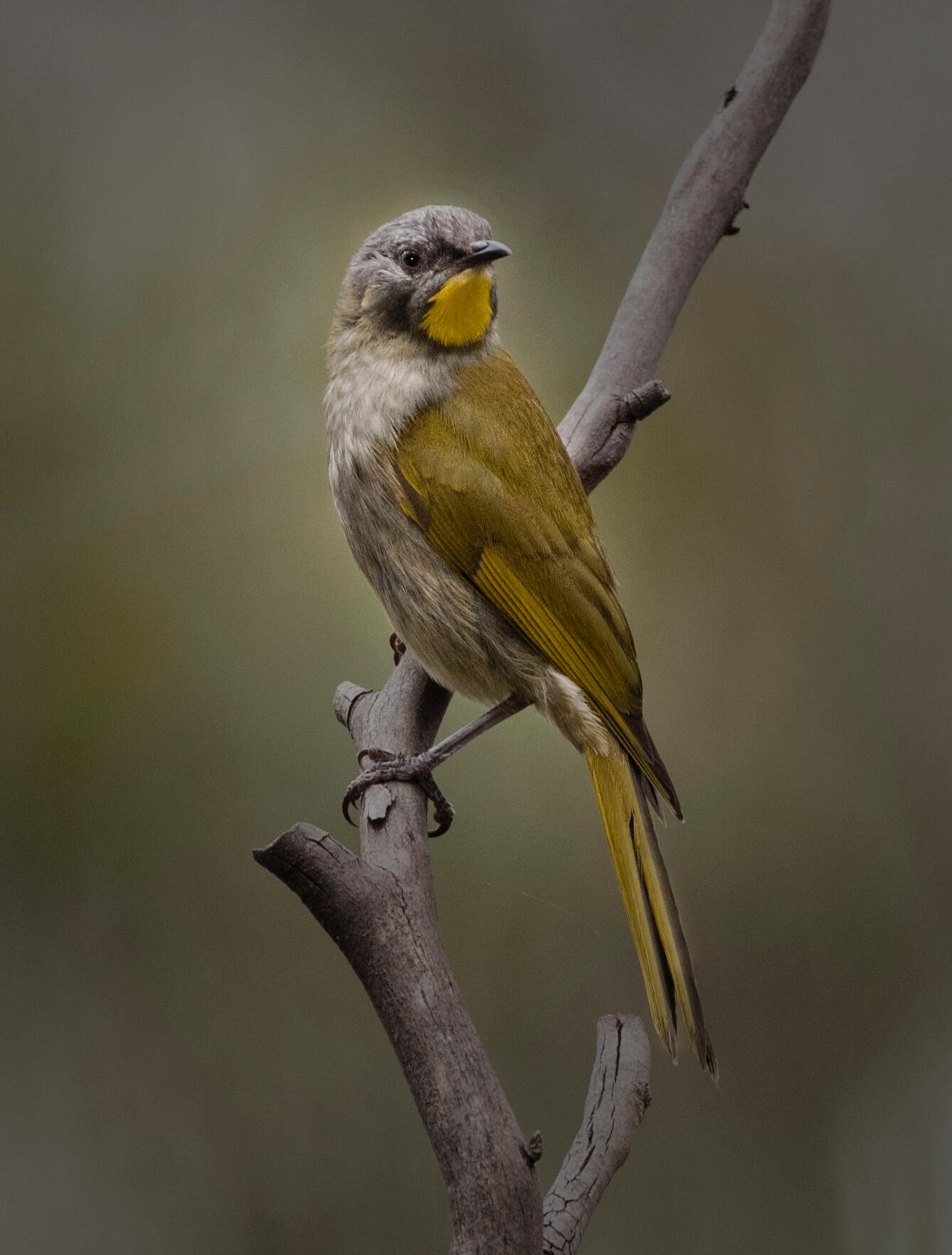
Biodiversity
In addition to running the farm, Fiona has 30 years experience working as a zoologist/ ecologist, including stints in Antarctica and Macquarie Island studying seabirds. She has also worked as a field biologist on seals and Tasmanian devils. For ten years, Fiona conducted seasonal field surveys on threatened bird species such as the swift parrot and the forty spotted pardalote. Fiona also worked part-time for 18 years as a Discovery/Education Ranger with the Tasmanian Parks and Wildlife Service. She is part way through completing a Graduate Diploma of Ornithology, which is currently on hold due to her farming commitments.
In 1989, Fiona instigated a program of tree planting to provide shelter for stock, in addition to providing habitat for birds and other native wildlife.
Since then, thousands of trees have been planted to facilitate biodiversity and to help the climate.Both the white bellied sea eagle and wedge tailed eagle occasionally nest at Arundel. Swift parrots are sometimes seen on the farm, feeding on blue gum flower in our shelterbelts. Many endemic Tasmanian bird species can be found here including the dusky robin, the yellow wattle bird, the green rosella, the yellow throated honey eater, the black headed honeyeater and the Tasmanian native hen.Several threatened mammal species occur at Arundel, including the Tasmanian devil, the eastern and spotted tailed quolls and the eastern-barred bandicoot.

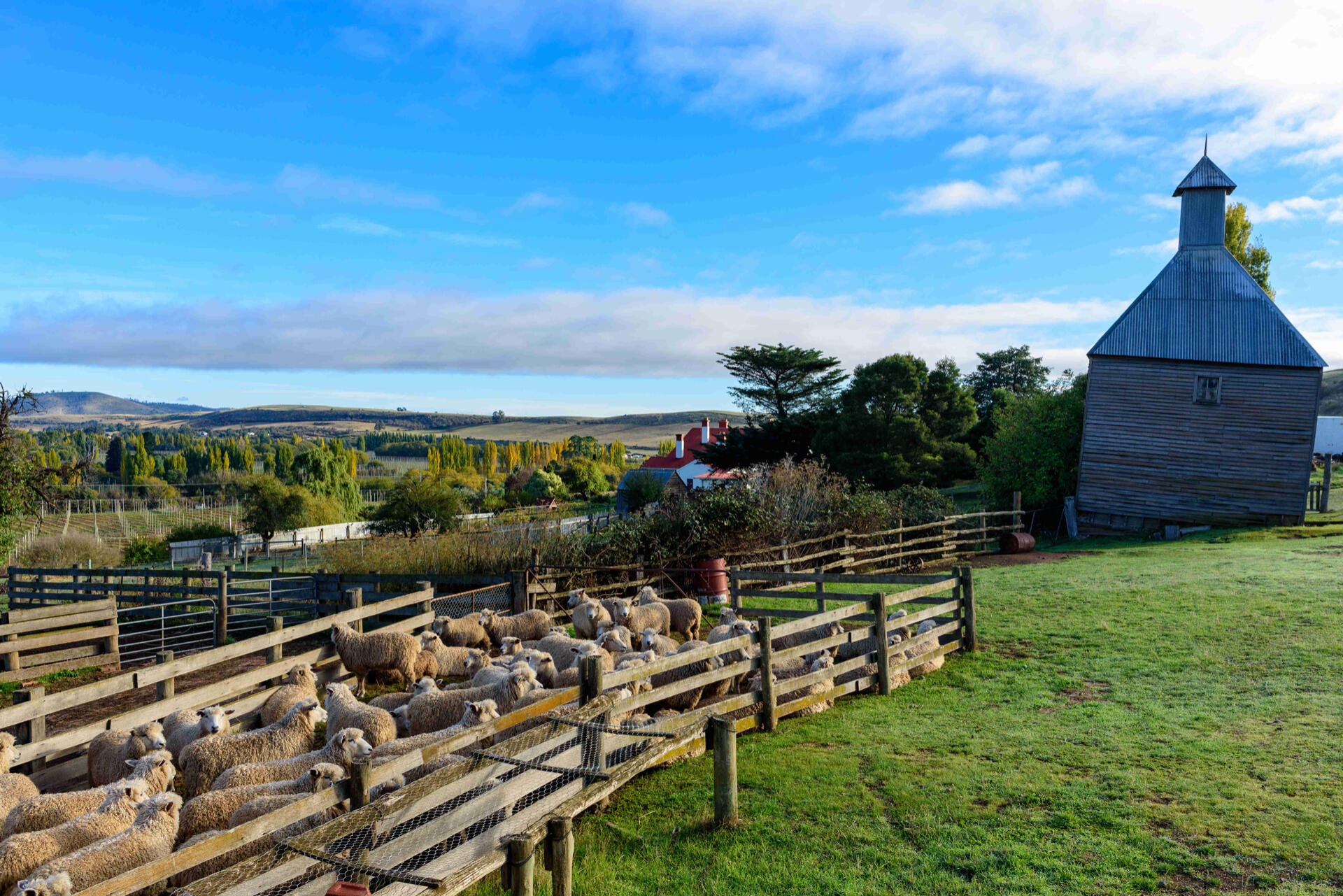
Sustainable farming
In the 1950’s after a century of land clearing for agriculture, efforts were taken to plant some trees on what had become an extremely barren farm. Fiona's father Bill planted a few small rows of pine trees in several paddocks, which made an enormous difference by providing shelter to stock. However, more trees/ shelter belts were required.
At Arundel Farm, we consider ourselves custodians, nurturing the land for future generations. It is a responsibility we do not take lightly.
We have been planting annually since 1989, either establishing new shelter belts or replanting in existing sites. Our ultimate goal is to have shelterbelts/ biodiversity corridors in every paddock on our farm. Our shelterbelts are ecologically functional, providing an adequate species mix to support greater biodiversity.Not only are our sheep and cattle happier and more comfortable with winter shelter and summer shade, but native birds and mammals are also using the habitat.We are using regenerative agriculture practices to improve our soil health and to provide better nutrition to our livestock. Since 2021, we have been planting both multi-species summer forage crops and perennial pastures. These multi-species crops comprise up to 12 plant varieties including oats, clovers, buckwheat, turnips, lucerne, millet, chicory and sunflowers. Our perennial pastures comprise up to 8 plant varieties including cocksfoot and phalaris varieties, plantain, clovers and medic.We are improving our pastures through better grazing practices and rotation methods, so that pastures have time to recover and regenerate.GENERALLY DRY TIMES
2023/24 was an exceptionally dry time (driest on record) and it pushed us to our limits, like so many other farmers experiencing the reality of a changing/ unpredictable climate. And then, 2024/25 turned out to be the worst multi-season drought on record! It has finally rained, with 103mls for September 2025, and things have picked up, but we are not out of the woods. Feed is limited and the season has now turned with grasses starting to mature, going to head and drying off. There is plenty of clover though, and clover is fabulous for fattening lambs.
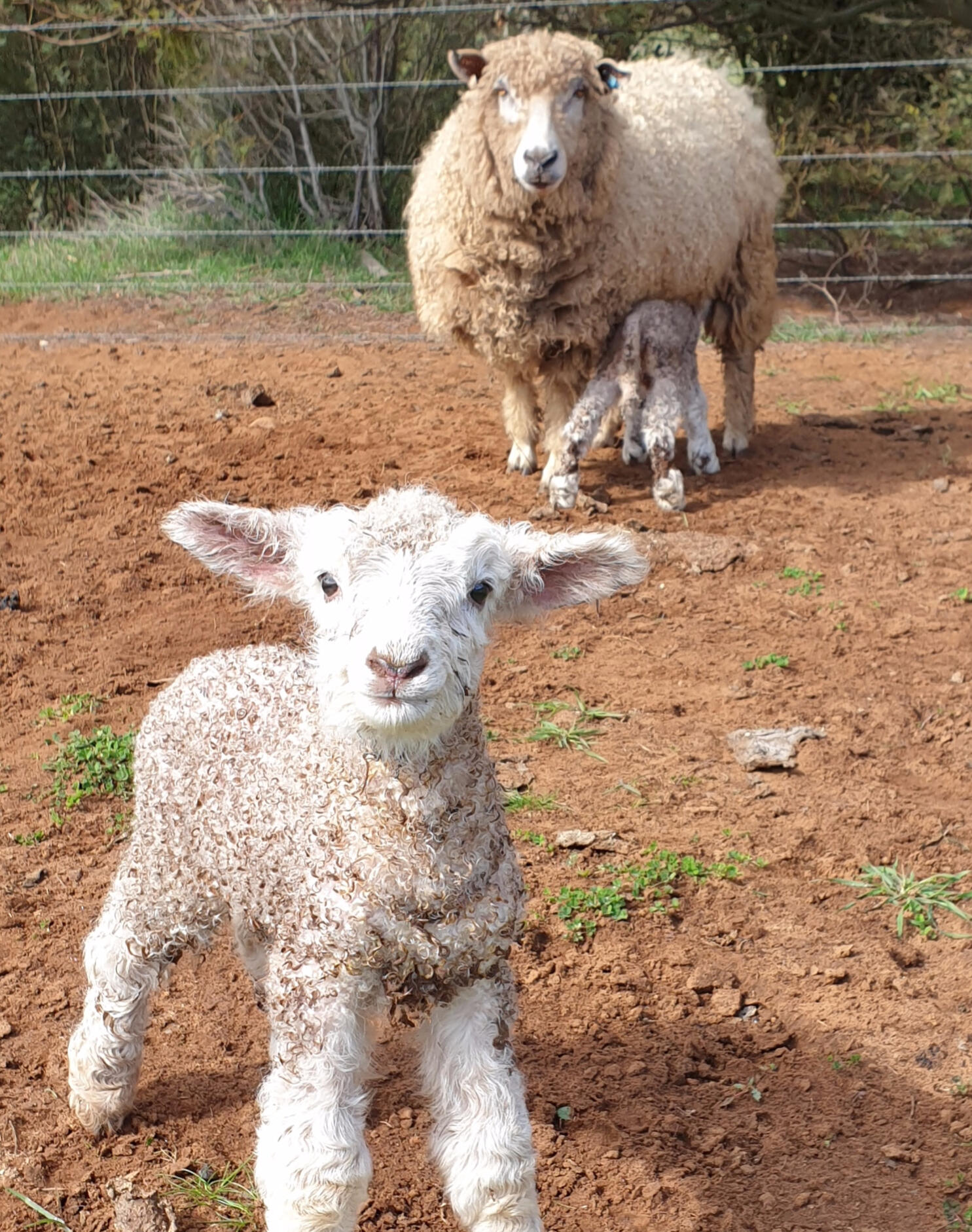
Ethical practices
All animals on the farm are treated ethically and humanely. We have a high standard of animal welfare.During lambing season, we check our ewes and lambs once to twice daily depending on the needs of the stock. We assist ewes with their lamb deliveries as required. All our ewes are pregnancy scanned so that we can identify ewes that are having single or multiple births. Ewes expecting 'multiples' are provided with the best pastures and a bigger area in which to lamb. We monitor 'multiple' lambing paddocks remotely with binoculars and only enter the paddocks if we see a ewe who requires assistance. It is important that we don't unnecessarily disturb these mobs.At lamb marking, we use pain relief products to reduce acute and chronic pain that lambs may suffer.Arundel Farm is RWS certified (Responsible Wool Standard). RWS certification recognises our high standard of animal welfare and environmental management.

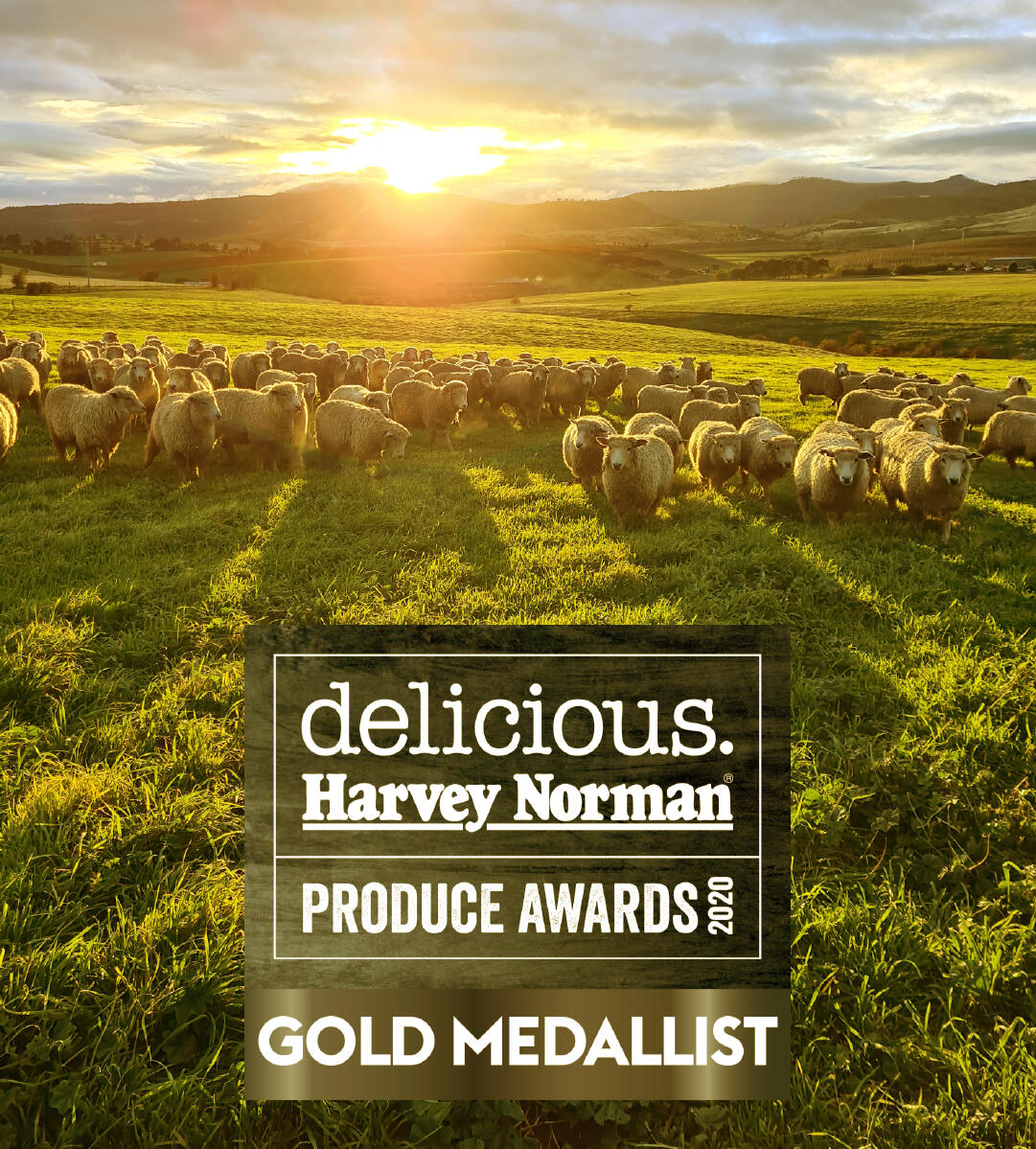
Our Arundel Farm Lamb was a Gold Medallist in the 2020 Delicious Harvey Norman Produce Awards.
Ethically farmed products
Lamb and hogget boxes are available seasonally. Hogget is an ‘older’ lamb that is approximately a year old; it has the tender qualities of lamb, paired with a fuller flavour. Mutton is also available at various times. Mutton is from mature sheep. The meat has a darker appearance and a much stronger flavour.Heritage breed English leicester lamb is available from February through to June.
Prime lamb (Southdown, White Suffolk and Texel/Suffolk) is available from November through to June.Merino Hogget and Mutton is available seasonally.Our sheep are transported to our local abattoir, a five minute drive from the farm. Upon slaughter, carcasses are hung for 9 days before butchering.Lamb boxes will comprise a butchered whole lamb, approximately 16 to 20 kgs, Hogget and Mutton boxes approximately 19 to 22 kgs. Our meat is packaged in compostable bags and all cuts of meat are labelled with compostable stickers.
Fine lamb box
2 shoulders (as whole shoulders, minced or forequarter chops)
2 legs
4 shanks
2 rib plates
Chops: neck, chump, loin and cutlets
$300
($10 extra for minced and diced cuts)
Half lamb box $160
Sublime lamb box
2 shoulders (as whole shoulders, minced or forequarter chops)
1 leg butterflied and 1 with bone
4 shanks
2 rib plates
1 frenched rack and 8 cutlets
Neck chops
2 lamb rumps
Loin chops
$310
($10 extra for minced and diced cuts)
Half lamb box $170
Mutton (not dressed as lamb) boxWhole or half mutton boxes available.
2 shoulders (as whole shoulders, minced or forequarter chops)
2 legs (whole or diced)
4 shanks
2 rib plates
Chops: neck, chump, loin and cutlets
$250 for whole mutton
$180 for half a mutton
($10 extra for mince/ diced cuts)
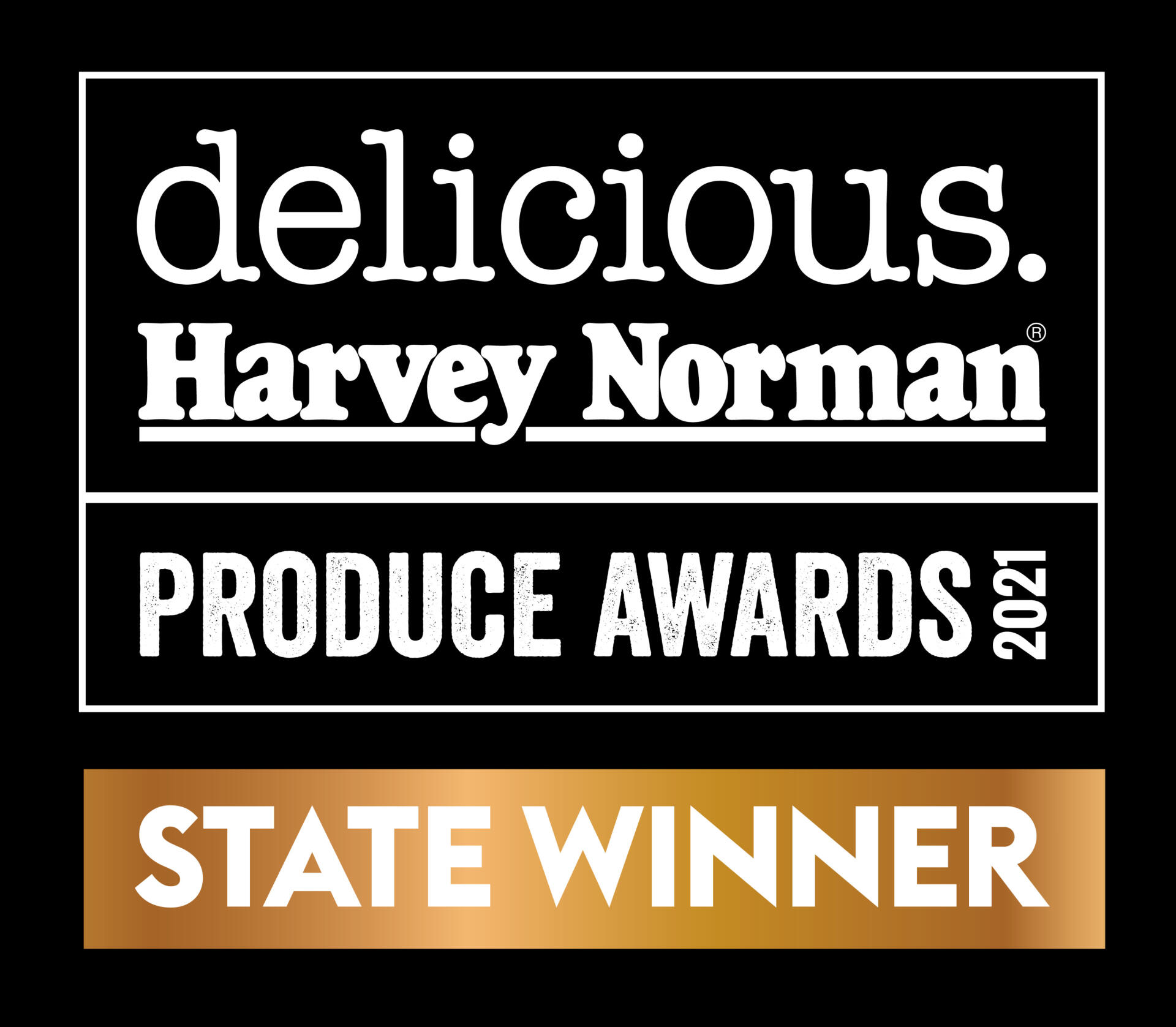
Our meat will be delivered to your door or to a drop-off point in Hobart, by Fiona. Whole sheep are also available. A $10.00 to $20.00 delivery fee will be charged for deliveries beyond Hobart. For customers in the north of the state, we can arrange freight at a cost of $30.** Our next lamb box delivery will be:
Saturday 4th of December 2025 **
To order a lamb box (or hogget or mutton), please send us a message in the form below. Do specify whether you would like a Fine or Sublime lamb box. Delivery or pick up times and bank transfer payment details will be sent out on receipt of order. If you simply want to get in touch or find out more about our sheepskins, send us a message - we'd love to hear from you!
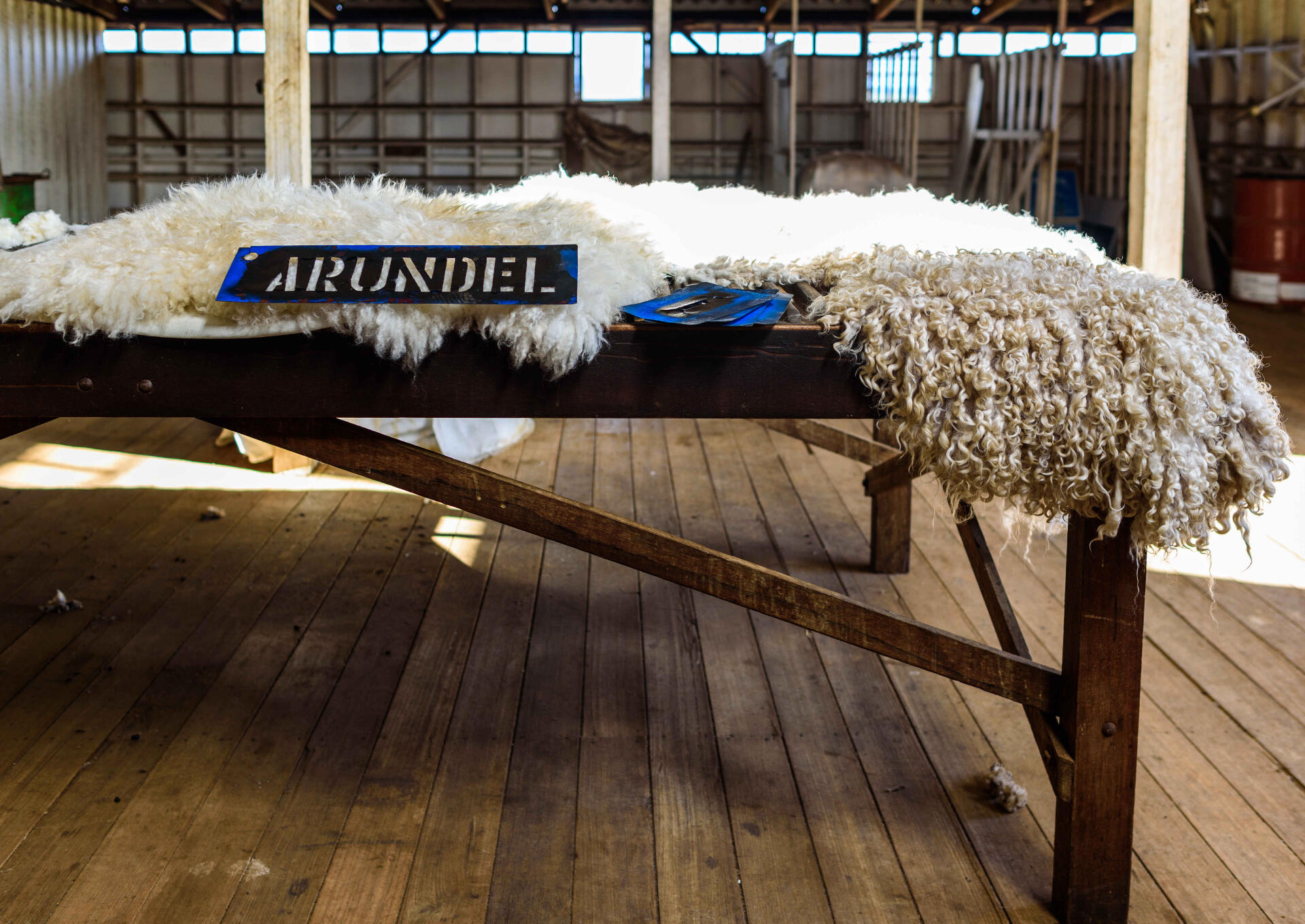
Sheepskins with Attitude
When heritage breed English Leicester sheep are slaughtered at our local abattoir, their skins are collected, salted and stored on farm. We have recently started working with a mainland tannery and will be offering approximately 100 English leicester sheepskins for sale annually. Skins can be purchased from Arundel Farm (by appointment) or we can post.
